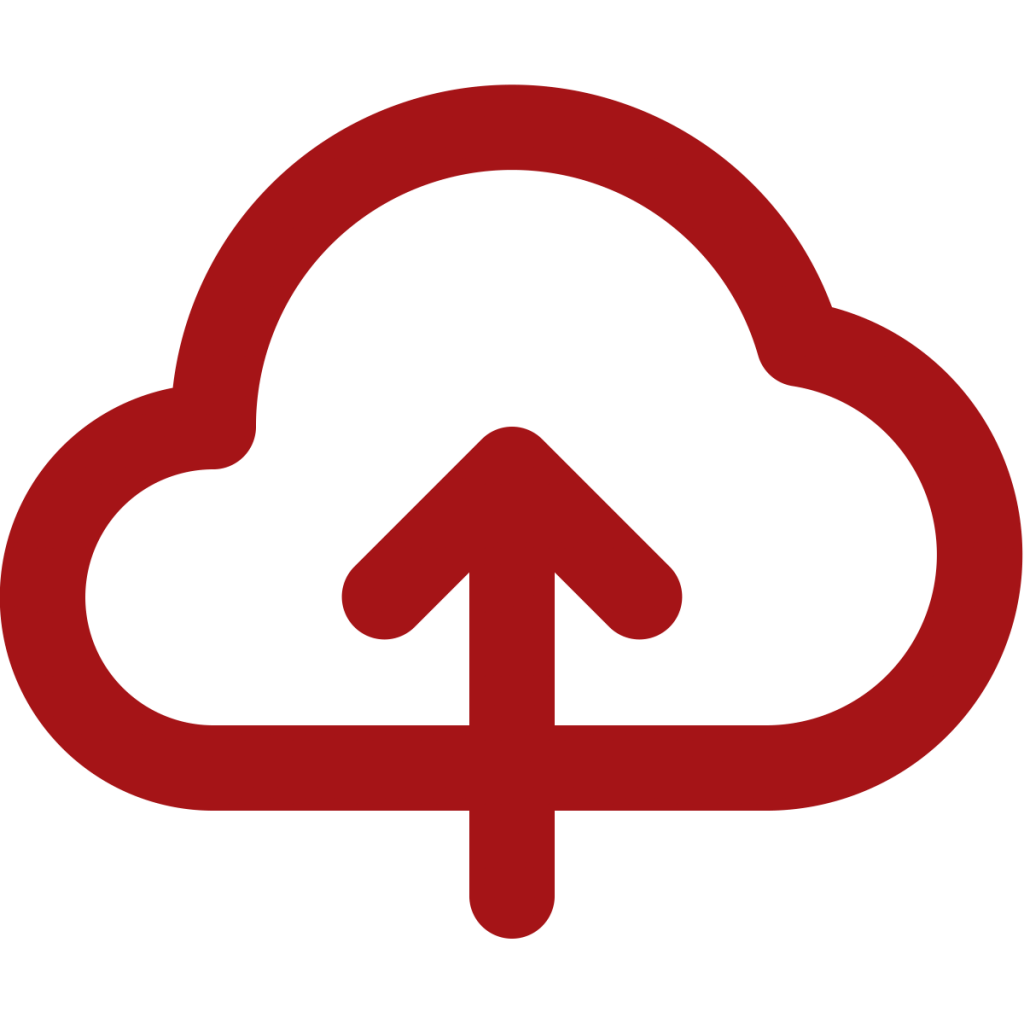Key Idea
Because Workday Student is cloud-based, WashU will be on Workday’s regular release cycle for updates and improvements to functionality and data protection. This is consistent with Workday for HCM and Finance as well as other cloud-based platforms at the university.
Unlike our legacy SIS, Workday is regularly updated and maintained by the vendor. This limits customization, but promotes consistency, secure data and sustainability of business processes.

Workday is a cloud-based system, meaning it is hosted on Workday’s servers and accessed over the internet via web browser or app. This is different from our current, on-premise Student Information System (SIS) environment, in which our software is hosted locally on WashU servers. In the case of Student Sunrise, “going to the cloud” means moving our student administrative systems and data from physical servers on campus to the Workday Cloud.
A vended, cloud-based solution for student administration provides several benefits.
- Our students expect modern, high-performing systems with mobile capabilities, like what they experience with social media, music and video streaming, or online shopping. With Workday, our students can virtually manage their academic experience from any device with an internet connection from anywhere at any time.
- Workday releases new functionality from the cloud every six months. This means we will always be operating on the latest version of the system and receive continuous improvements to functionality and user experience. WashU will support these semi-annual releases with communications and training to the campus community.
- Student data stored remotely with Workday will be secure and better position the university to continue critical operations and recover from disaster, like power outages.
- Cloud-based systems better support the ever-growing amount of information available to us in the present digital age. Using Workday, we won’t need to expand our physical data centers (real estate) and infrastructure (servers and hardware) as quickly to match rapid increases in the amount of data we create. With a cloud-based system, we can shift our focus from maintenance to more mission-centered work.
WashU’s current student systems, which are homegrown, have supported customization of processes and functionality. However, this customization makes it difficult to evolve to reflect changes to academic programming or student needs and interests. Our SIS was developed in-house over 20 years ago on 1990s technology called PowerBuilder. Today, it’s difficult to find developers who can code on this framework, and deferred maintenance has led to limited functionality and more ancillary systems.
Moving from a homegrown to a vended solution requires more unified processes and policies that support shared needs across the university. Workday Student is not fully customizable like the current system, but it’s highly configurable and is regularly updated by Workday.
Key Terms
The Cloud: Cloud-based systems are hosted on a vendor’s secure servers and accessed online, usually via a web browser. Our Workday Student system will live in the cloud rather than on-premise at WashU. Canvas is one example of a cloud-based system we already use with our students.
On-premise: On-premise software is hosted locally on your computer or university-managed servers. Our legacy SIS is a collection of on-premise tools and systems.
Homegrown: Describes a system or application that was built by WashU for WashU.
Vended: A vended system is developed and supported by a company other than WashU but is configured to meet WashU needs.